What are automated weather stations?
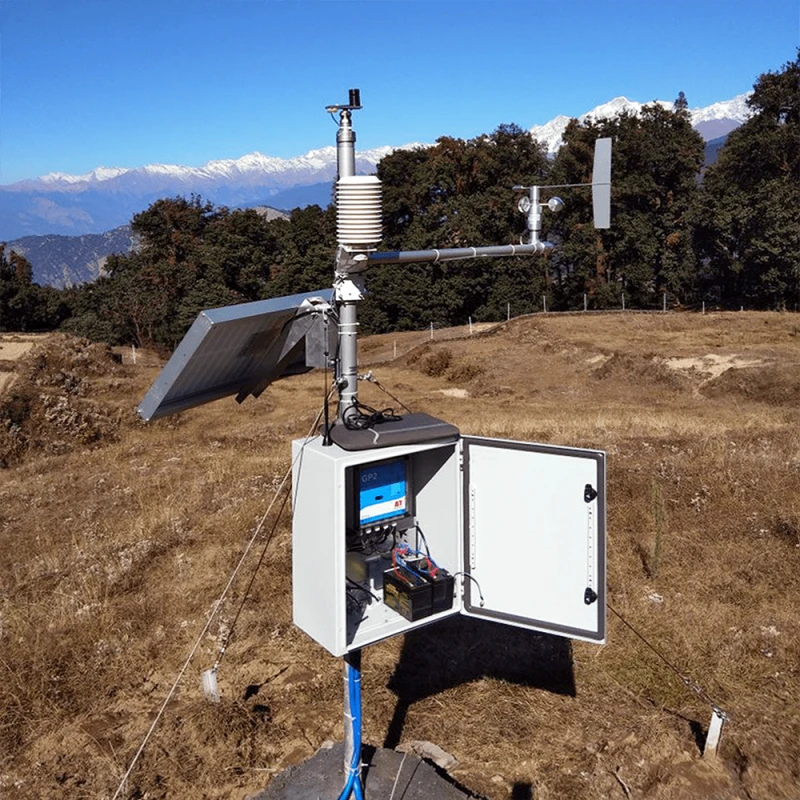
A weather station is an essential tool designed to gather, analyze, and process meteorological data. These devices provide timely and precise weather information, facilitating decision-making in various fields.
Differences Between Temperature and Humidity Sensors with Built-In and External Probes
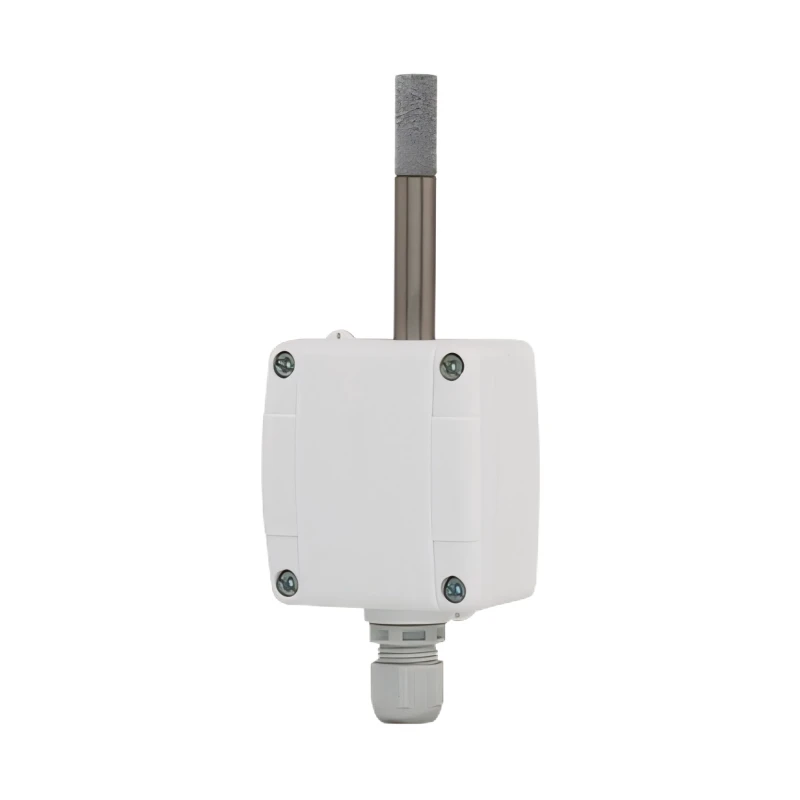
With the fast-paced progress of modern society, temperature and humidity sensors have become widely used across various fields. Temperature and humidity play an essential role in everyday life, influencing comfort, safety, and efficiency in multiple industries. Manufacturers typically equip these sensors with built – in or external probes to meet different application needs. But what distinguishes these two types in terms of function and usage?
How does ambient air temperature sensor work?
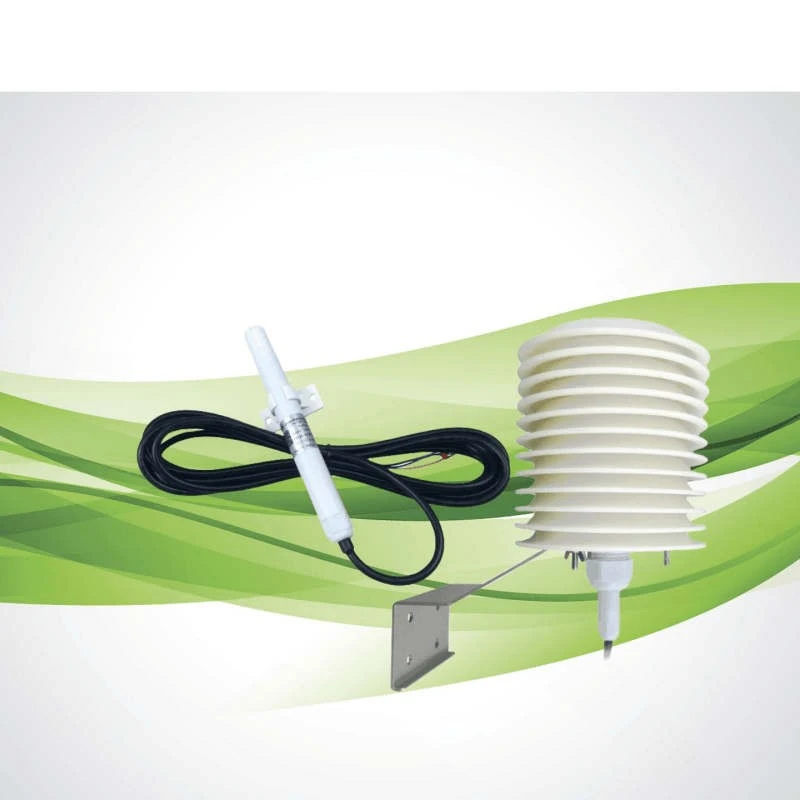
A weather station is a device designed to measure, analyze, and process meteorological data. Weather stations use sensors and instruments to continuously monitor temperature, humidity, air pressure, wind, rainfall, and other atmospheric conditions.
Do you need wireless for weather station?
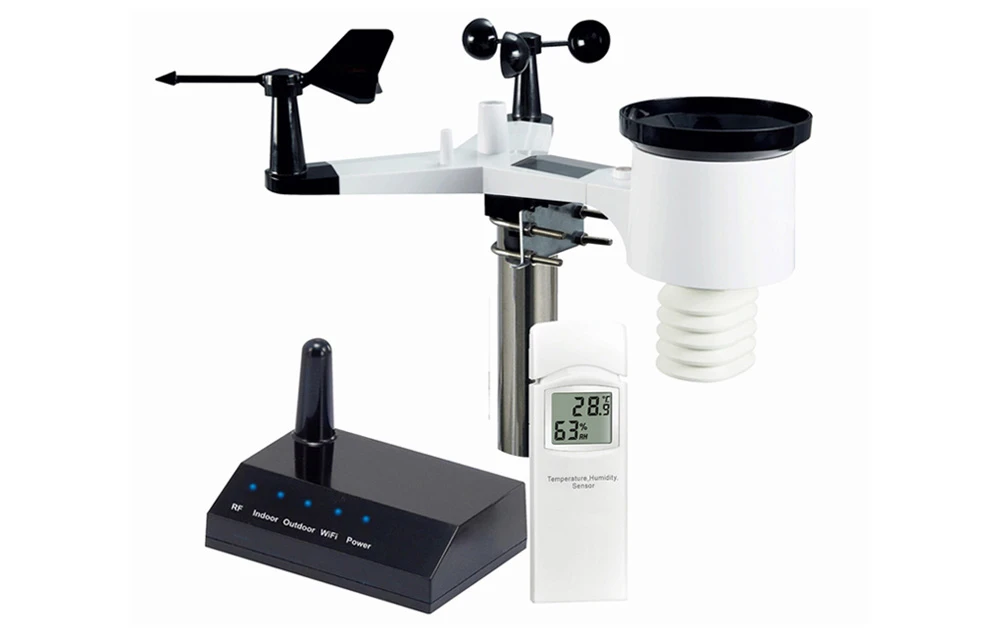
A weather station is a device designed to measure, analyze, and process meteorological data. Weather stations use sensors and instruments to continuously monitor temperature, humidity, air pressure, wind, rainfall, and other atmospheric conditions.
What are the varieties of anemometers?
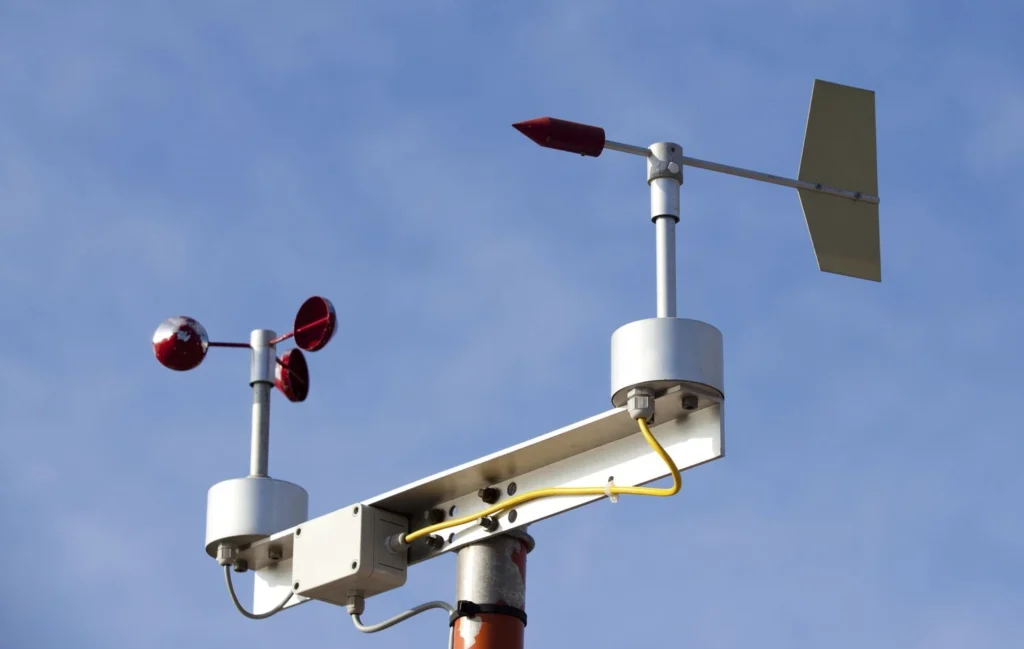
Cup anemometer: This type of anemometer consists of three or four cups that rotate on a horizontal axis. The speed of rotation is proportional to wind speed. Weather stations widely use cup anemometers because they offer simplicity, reliability, and accuracy.
Soil Moisture Sensor Price
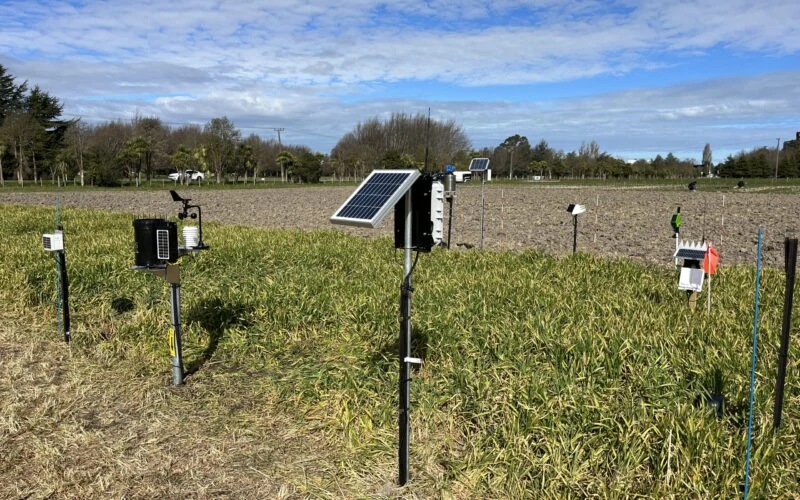
A Soil Moisture Sensor is an electronic device. It measures how much moisture is in the soil. This is important for precision farming, gardening, environmental monitoring, and scientific research
Types of automatic Weather Stations
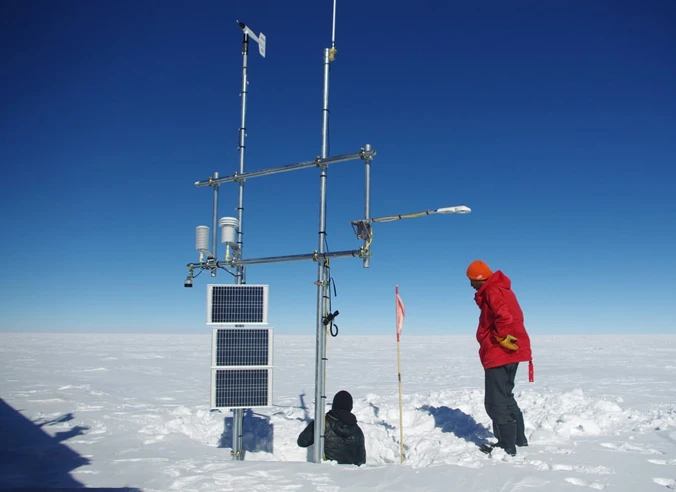
Weather stations can be categorized based on various classification standards, with each type serving distinct purposes and functionalities. Here’s a breakdown of the main types and their features:
Industrial Weather Station
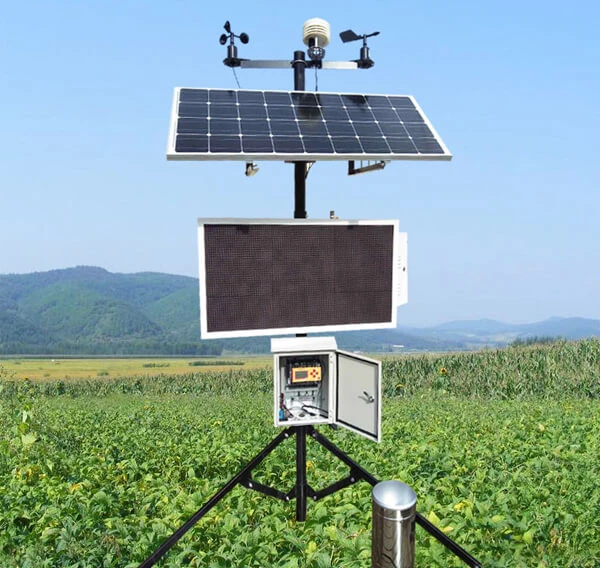
An industrial weather station is a specialized facility designed to monitor and analyze meteorological conditions in industrial zones. These stations are typically positioned near industrial sites such as parks, chemical plants, power stations, and other similar areas. Their purpose is to measure and document weather elements along with atmospheric pollutants linked to industrial activities.
How do noise sensors work?
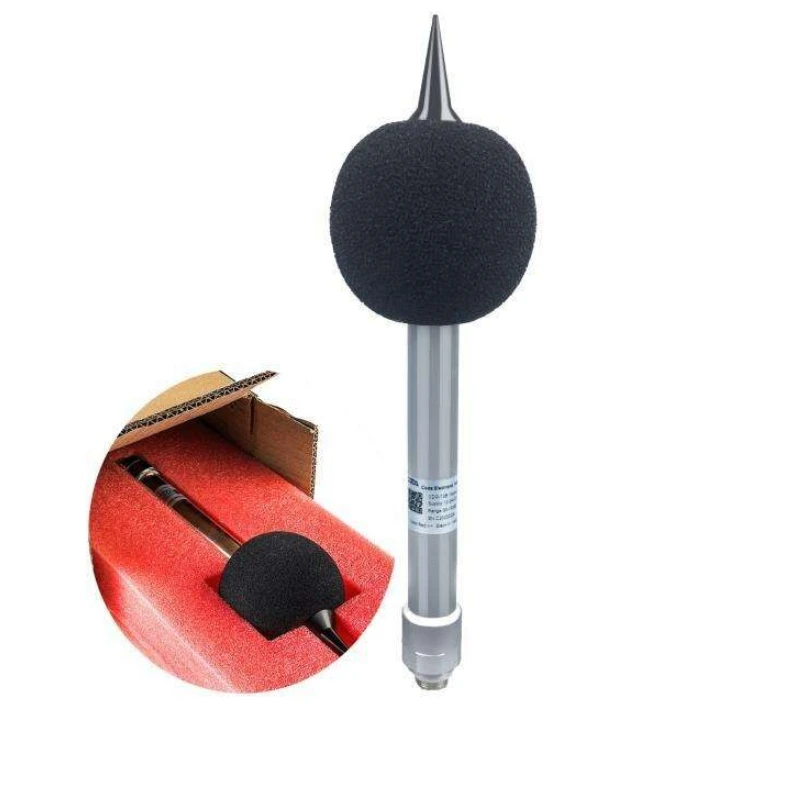
Noise sensors are devices designed to detect and measure environmental noise levels. They have applications across various domains, including industrial settings, construction sites, environmental monitoring, and personal health tracking. Here’s an in-depth explanation of how these sensors work:
How does weather station work?
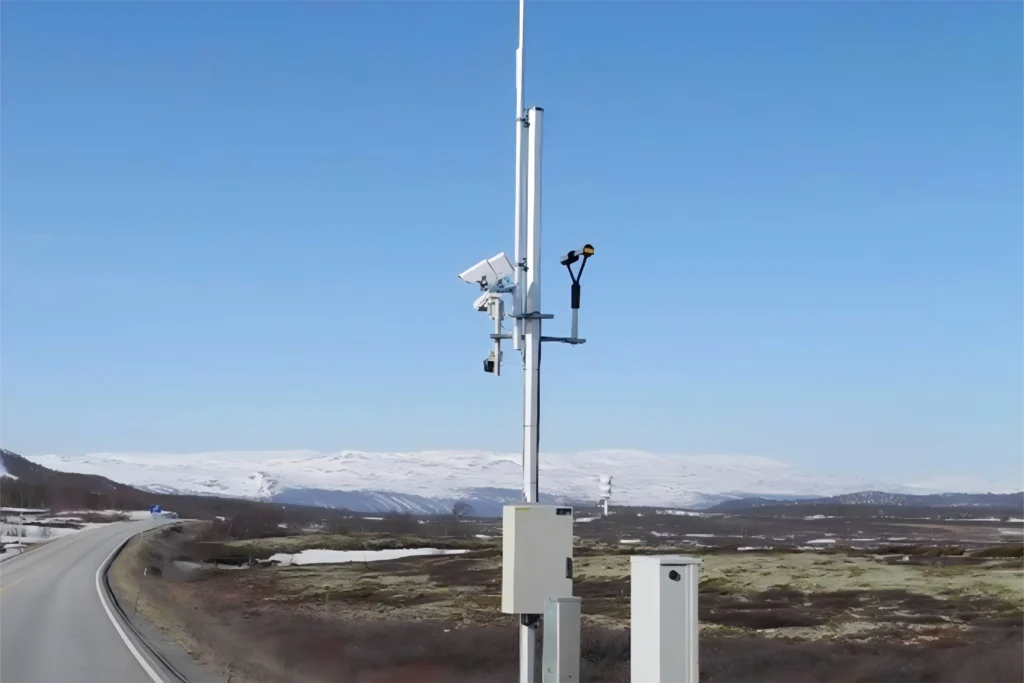
A weather station is a site for observation for instruments & sensors used in the sale, measurement and weather monitoring. Such stations, the data derived from them being an important tool to evaluate the environment as well as predict weather conditions combined with many applications from various fields.
